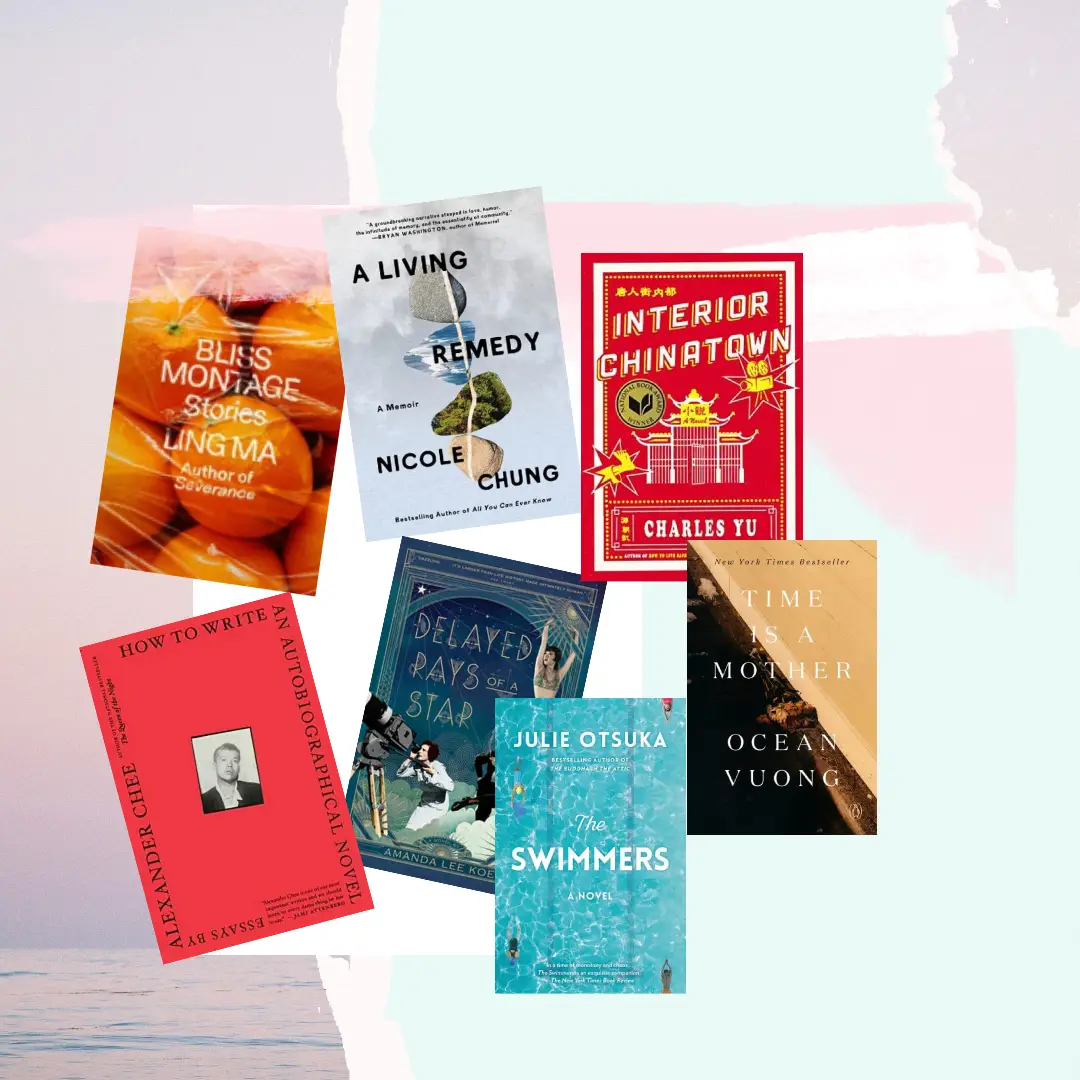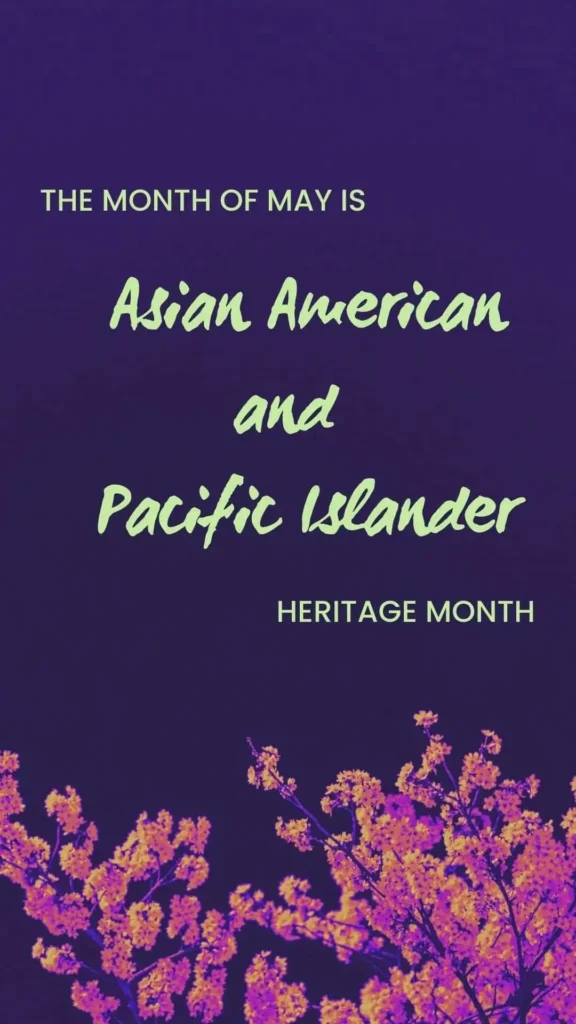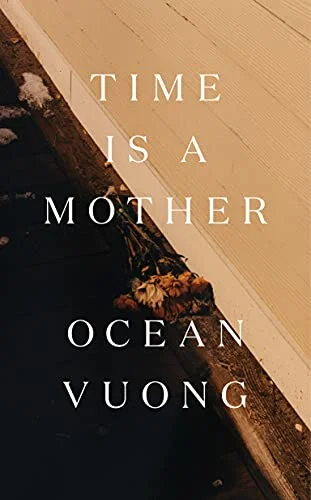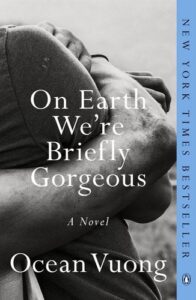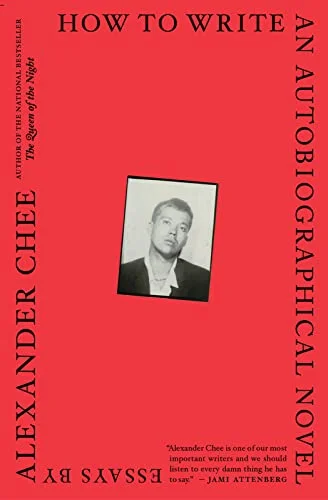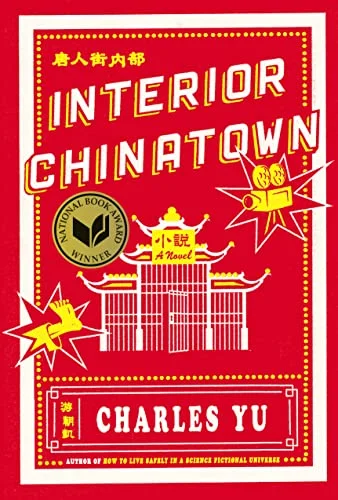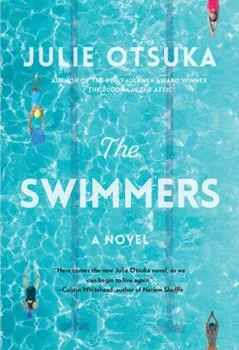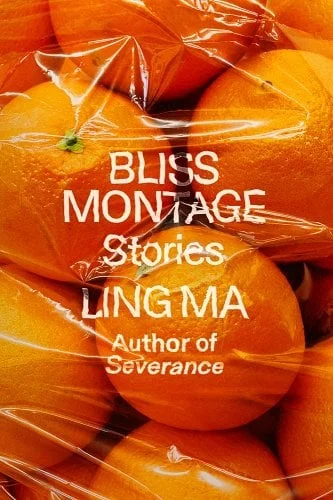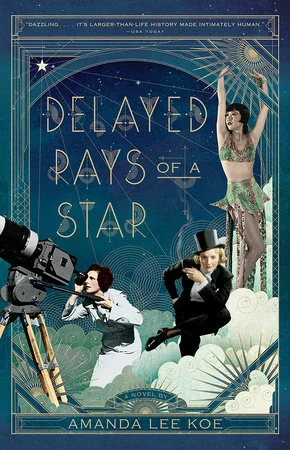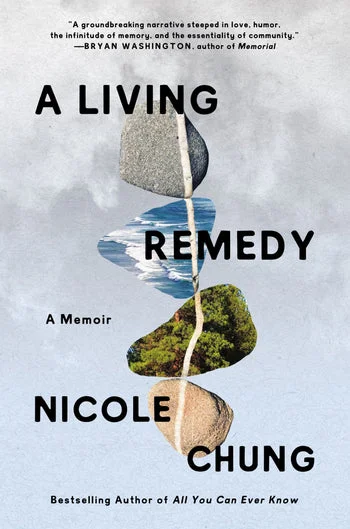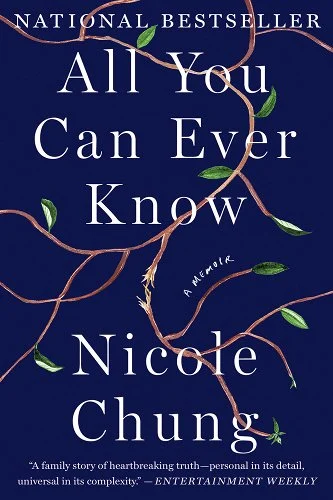These novels, story collections, and works of nonfiction by Asian American and Pacific Islander authors mine loss, grief, and the contradictions of belonging, while holding up stories that have been traditionally marginalized in mainstream publishing. You can celebrate Asian American Pacific Islander Heritage Month by picking up one or more of these notable titles, worthy additions to your TBR list.
Table of Contents
Time is a Mother, by Ocean Vuong
“Reader who cannot write, you wrote a son into the world with no words.”
The essence of Ocean Vuong’s second book of poetry is the emotional territory he mines in the course of grieving the loss of his mother, Hong, to breast cancer. The collection is an ode to her and a portrait of the aftershock of her loss. The poems navigate memories of growing up in Hartford, Connecticut, and the family’s experience of being refugees from the American war in Vietnam.
…stop writing
about your mother they said
but I can never take out
the rose it blooms back as my own
pink mouth…
Readers of On Earth We’re Briefly Gorgeous will know Vuong’s mother worked in a nail salon and was the biracial daughter of her mother, Rose, and an American Gi. Vuong continues to mine that territory here, and some of the poems recall On Earth, such as “Amazon History of a Former Nail Salon Worker.” But telling the story through poetry, through the exquisite language and cadences, is a wholly different experience, and though we may miss the storytelling of On Earth’s prose, the heightened experience of Vuong’s poetry more than makes up for it.
How to Write an Autobiographical Novel, by Alexander Chee
This essay collection has rightly become part of the contemporary craft canon, and with good reason. Chee, an associate professor of English and Creative Writing at Dartmouth College, writes across a range of experiences— tracking his development as a writer as well as growing up mixed-race, coming out, and surviving trauma: “Most people misunderstand the crime of sexual abuse. They think of stolen youth, a child tucked under the arm and spirited away. But it isn’t like someone entering your house and stealing from you. Instead, someone leaves something with you that grows until it replaces you.”
Chee also advises on writing in the context of identity and provides a manual for establishing one’s literary community. “Writers aren’t born,” he writes, “they’re made—from practice, reading, and a lot of caffeine. And sometimes tutelage.”
Interior Chinatown, by Charles Yu
The author’s highly acclaimed second novel uses the screenplay form to tell the story of Willis Wu, a struggling actor in a Los Angeles intergenerational community of Chinese immigrants who longs to play the Kung Fu hero. The New Yorker calls Interior Chinatown an examination of “the Asian-American reality of ‘being perpetual foreigners’ in the United States, a minority whose story ‘will never fit into Black and White—’”
Here, Black and White is the fictional television police procedural he’s cast in, though as a “Generic Asian Man” having to play roles of “Background Oriental Male” and occasionally “Delivery Guy.” Yu’s prose is incisive on belonging, the yearning for home, and the struggles of survival: “None of you were rich or had any dreams of being rich or even know anyone rich. But the widest gulf in the world is the distance between getting by and not quite getting by. Crossing that gap can happen in a hundred ways, almost all by accident.”
The Swimmers, by Julie Otsuka
In a portrayal that’s as historically sweeping as it is emotionally intimate, Julie Otsuka’s The Swimmers charts one woman’s life growing up Japanese-American in California. Community is central to this beautiful book, which begins in the collective voice of “we,” in a portrait of a group of regulars who swims: “[We] glide serenely through the water, safe in our knowledge that we are nothing more than a blurry peripheral shape glimpsed in passing through the foggy, tinted goggles of the swimmer in the next lane.”
When a crack in the pool prompts a closure, one woman, Alice, finds the change to her routine drastically affects her life. Already in the early stages of dementia, she begins to decline, and in flashback we’re shown her memories of childhood, the Japanese American incarceration camp in which she spent the war, the shoes she loved, the careful house she kept, and the impulsive acts and resentments that marked her life. After Alice is institutionalized, the novel charts the depersonalization of the disease and of group care. Here, the point of view shifts to that of her estranged daughter, who experiences the guilt and emotionally wrenching conflict that Alice’s husband is unable to face. NPR’s Maureen Corrigan called The Swimmers “a slim brilliant novel about the value and beauty of mundane routines that shape our days and identities.”
Bliss Montage, by Ling Ma
Bliss Montage, a collection of eight stories, winner of the 2023 Story Prize, and follow-up to her novel Severance, is odd in the best way: engaging, surprising, all sharp in their view of a world, one that’s both familiar and completely unrecognizable. Many of the stories center on young women who navigate unusual and sometimes bizarre terrain.
Two former friends reunite and take G, a recreational drug that turns users into ghosts. In “Peking Duck,” a young Chinese American woman writes a story for her M.F.A. workshop about a moment she witnessed as a child, and by the story’s end is wonderfully meta. In the opening story, “Los Angeles,” the narrator tells us, “My 100 ex-boyfriends and I hang out every day.” Of Bliss Montage, the Story Prize judges praised Ma’s achievements in the short story collection: “…these precise and skillful stories…reveal hard truths in a plain style that powerfully amplifies the shocks revealed.”
Delayed Rays of a Star, by Amanda Lee Koe
This debut novel, Delayed Rays of a Star, collects the lives of three extraordinary women, Marlene Dietrich, Leni Riefenstahl, and Anna May Wong, in a reimagined portrayal of their lives both separately and in encounters with each other. Marlene Dietrich is, of course, the legendary gender-bending goddess of classic Hollywood film. Leni Riefenstahl was the Berlin-born actress and filmmaker of Nazi propaganda. And Anna May Wong was the first Chinese American actress to rise to stardom in the early twentieth century.
One of the most famous actresses of her day, Wong’s career was tragically limited due to racial bias, and she was cast only in stereotyped roles. Interweaving their stories allows Koe to play with history and explore her subjects beyond a strictly historical approach. Delayed Rays of a Star, in its sweep of history and deeply imagined first-person accounts, takes the historical novel into new territory and makes art out of life. USA Today called the novel “larger-than-life history made intimately human.”
A Living Remedy, by Nicole Chung
I loved Nicole’s All You Can Ever Know, a memoir of her experience as a transracial adoptee, and in her latest, she recounts losing her adoptive parents—her father to diabetes at age sixty-seven, and her mother from cancer one year later. A Living Remedy tells this personal story in the context of the American healthcare system, class inequity, and what it is to survive without a financial safety net.
“In this country,” Nicole writes, “unless you attain extraordinary wealth, you will likely be unable to help your loved ones in all the ways you’d hoped. You will learn to live with the specific, hollow guilt of those who leave hardship behind, yet are unable to bring anyone else with them.” A Living Remedy also looks at economic disparity in families—how the advantages her working-class parents provided resulted in a more economically advantaged life for their daughter. The thread of adoption is here too. After her mother’s death, a cousin asks how she’s feeling, and Nicole tells her, “It’s like being unadopted.” The experience of loss and grief, its presence as a child and adult, defines both Nicole Chung’s affecting memoirs, and I recommend them both.
—Lauren Alwan
More Recommendations from Lauren Alwan
Be sure and check out other insightful reviews and recommendations by Lauren Alwan to help you find what you should read.

